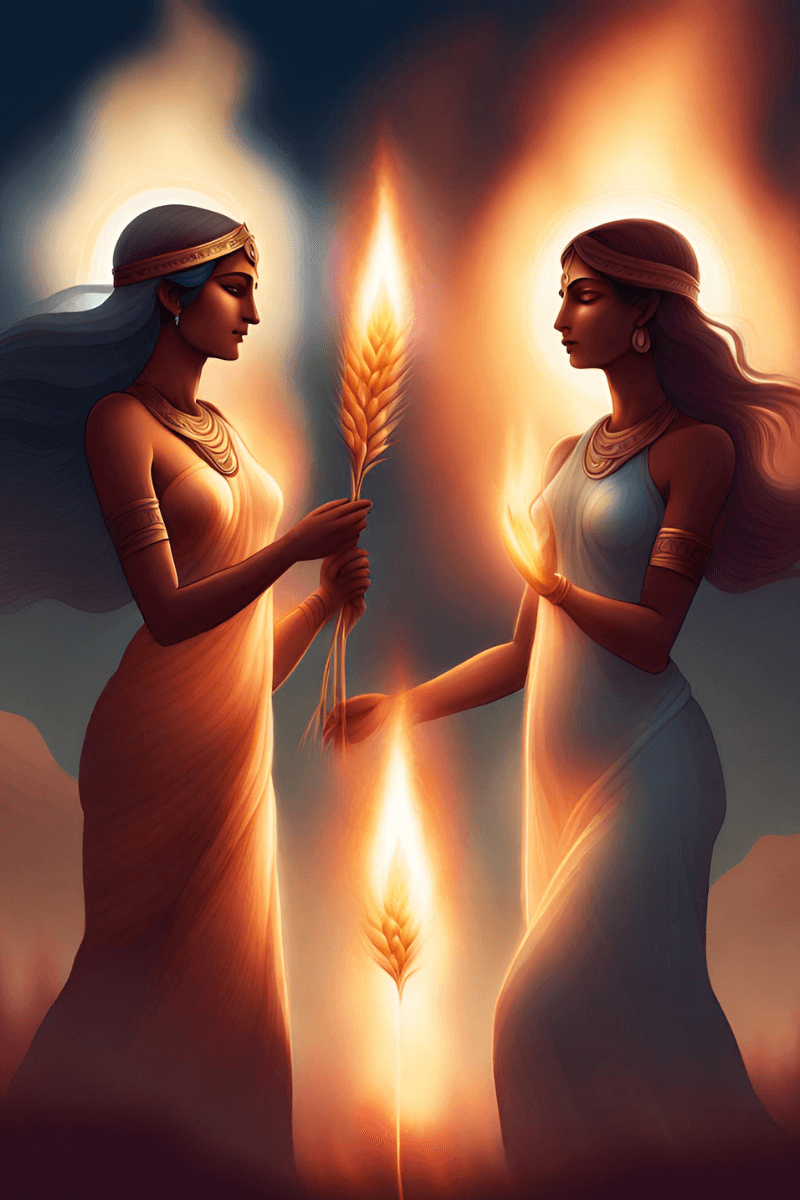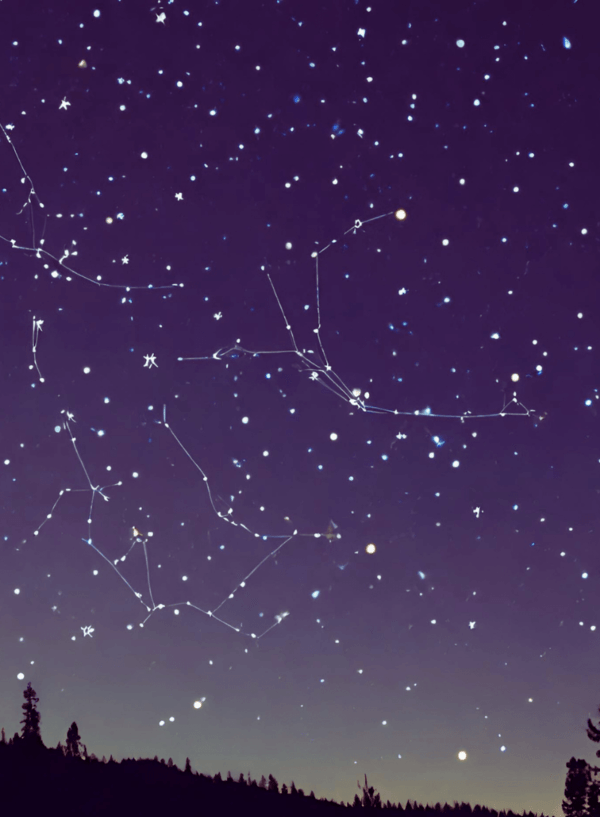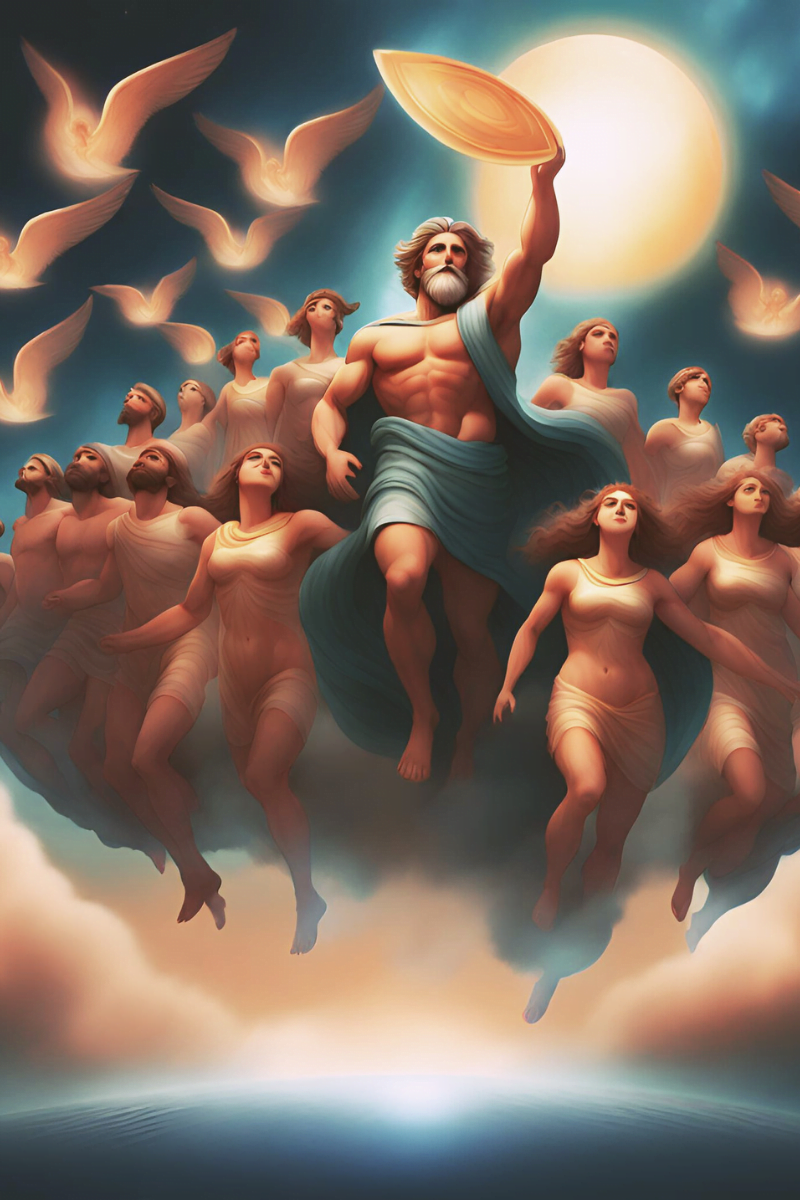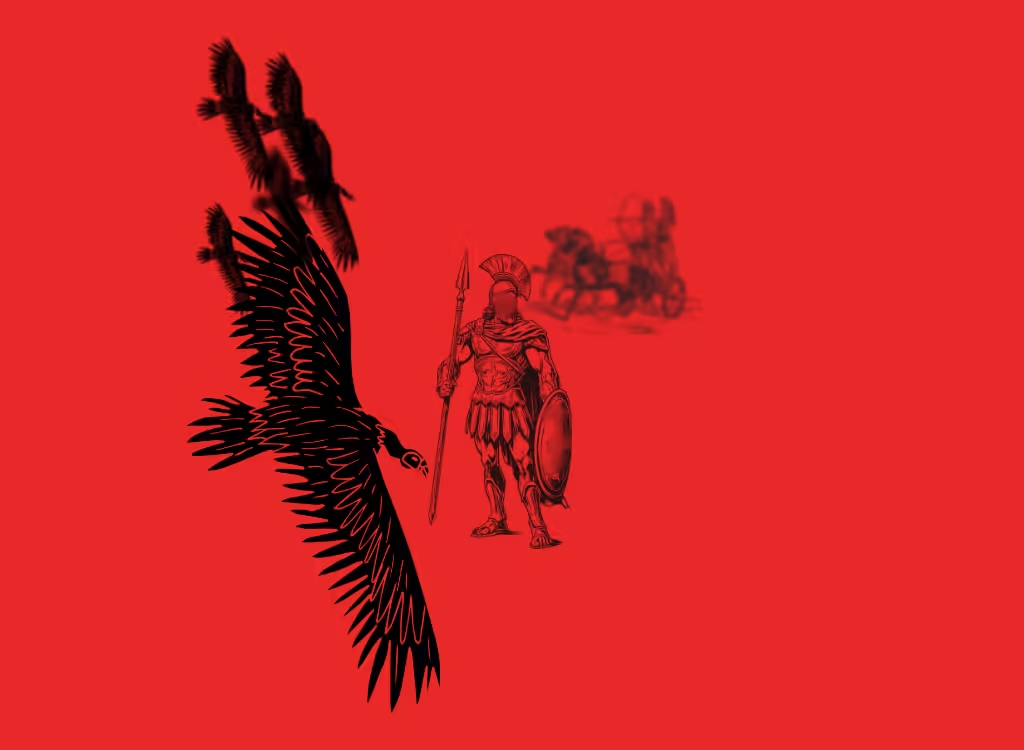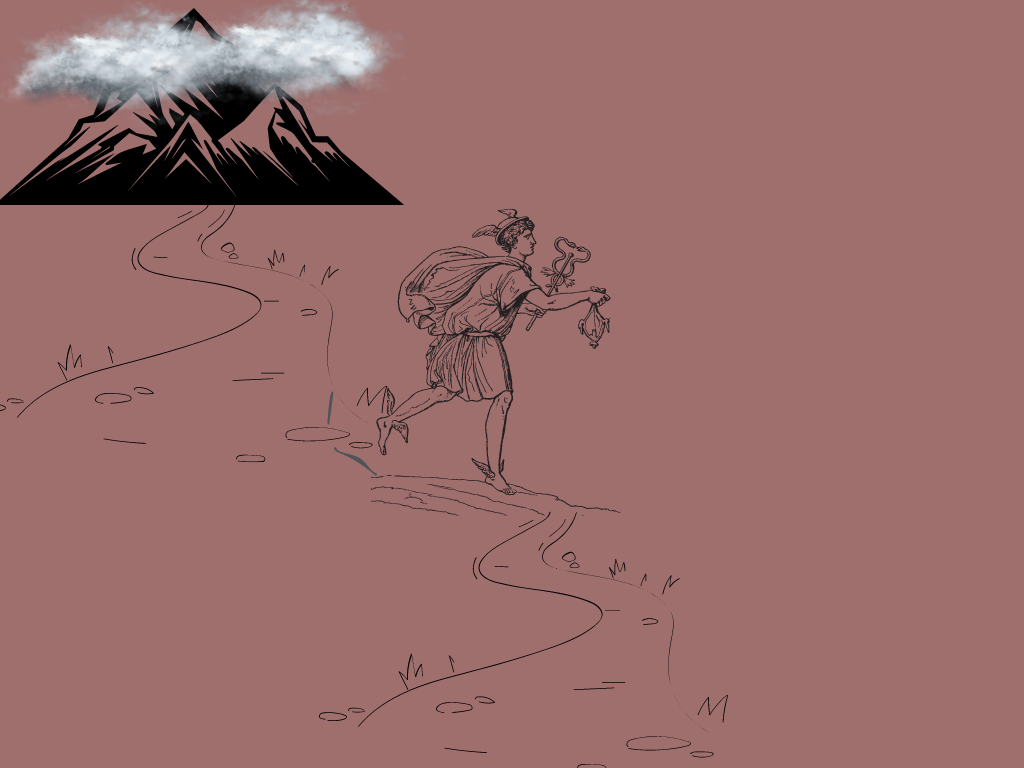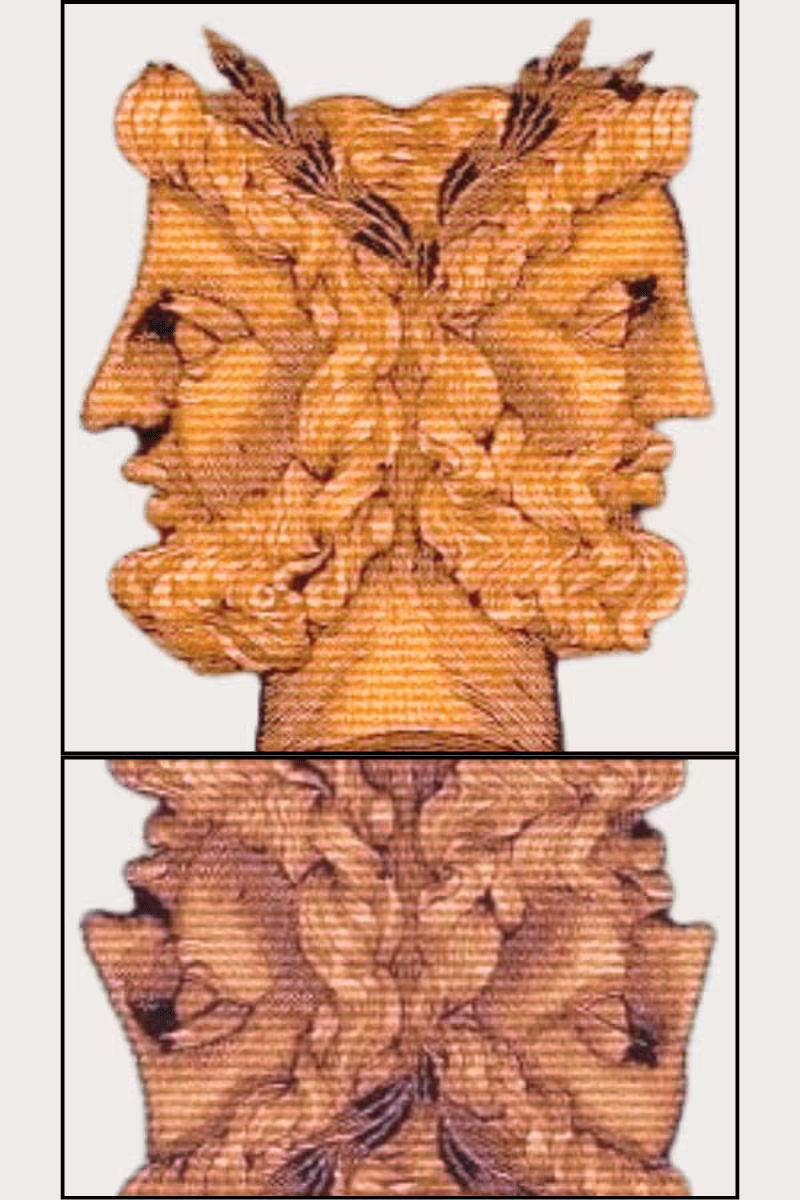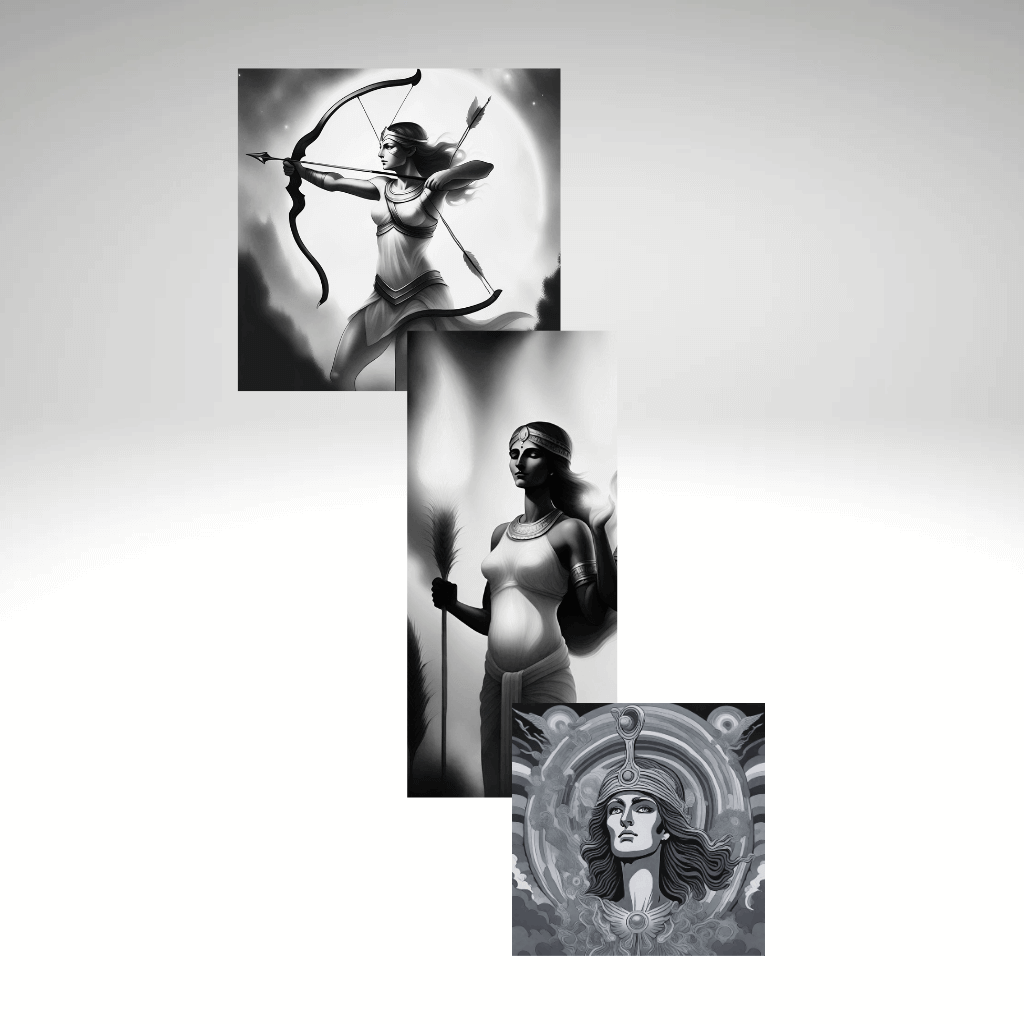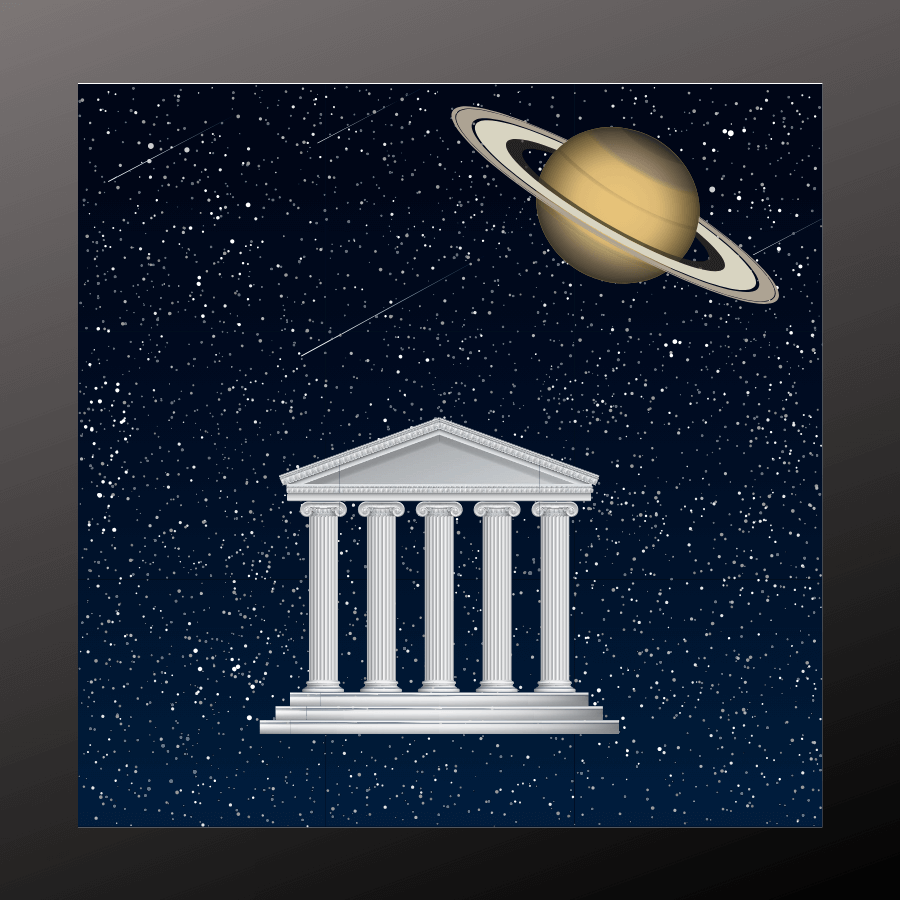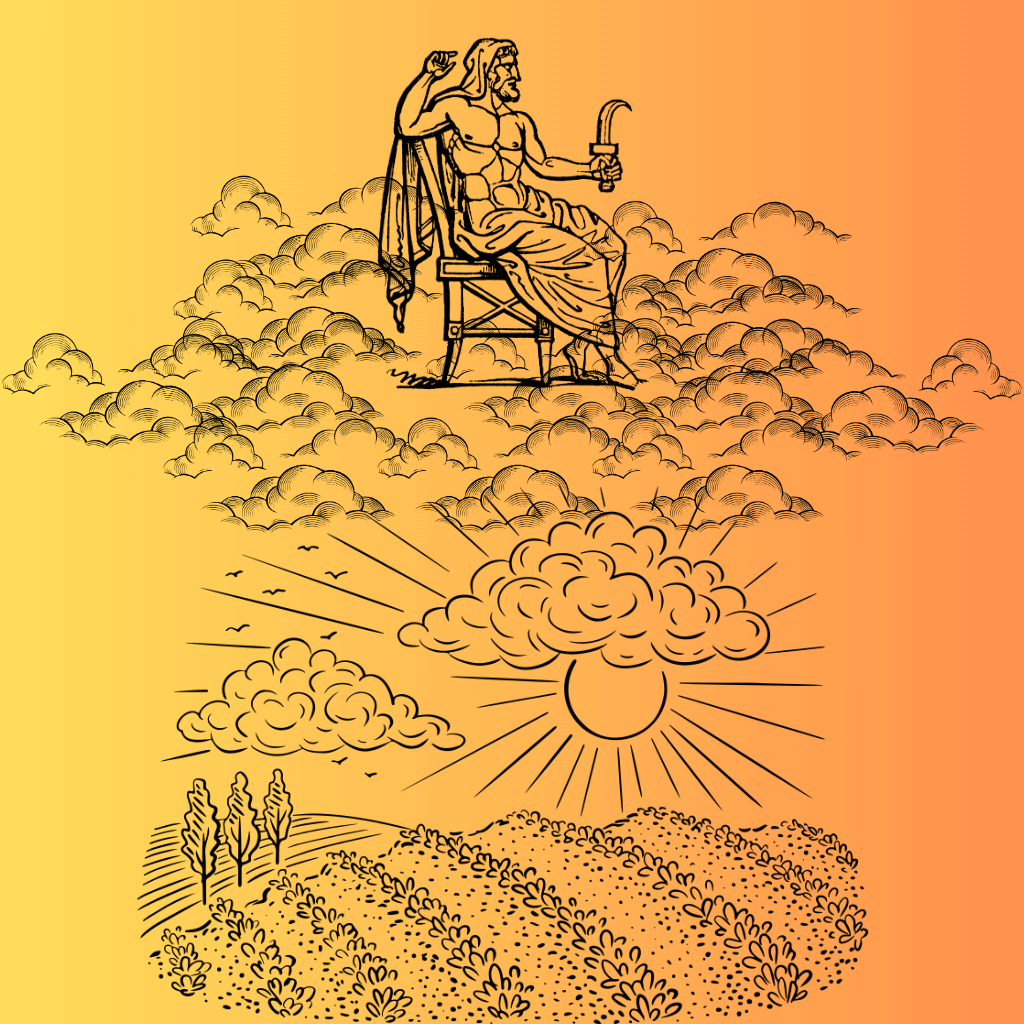Hestia and Demeter: 2 Goddesses in Greek Mythology
In Greek Mythology, Goddess Hestia and Goddess Demeter are the daughters of Cronus and Rhea, sisters of Zeus, Poseidon, Hades and Hera, two goddesses living on Mount Olympus. While the goddess Hestia never leaves Mount Olympus because she is a domestic goddess, Demeter, symbolizing the earth, crops and wheat, is a goddess who descends to earth and among the mortals. Who is the Goddess Hestia? In Greek mythology, Hestia is the goddess of the heart, hearth and sacred fire. She is the daughter of Titans…
Read more